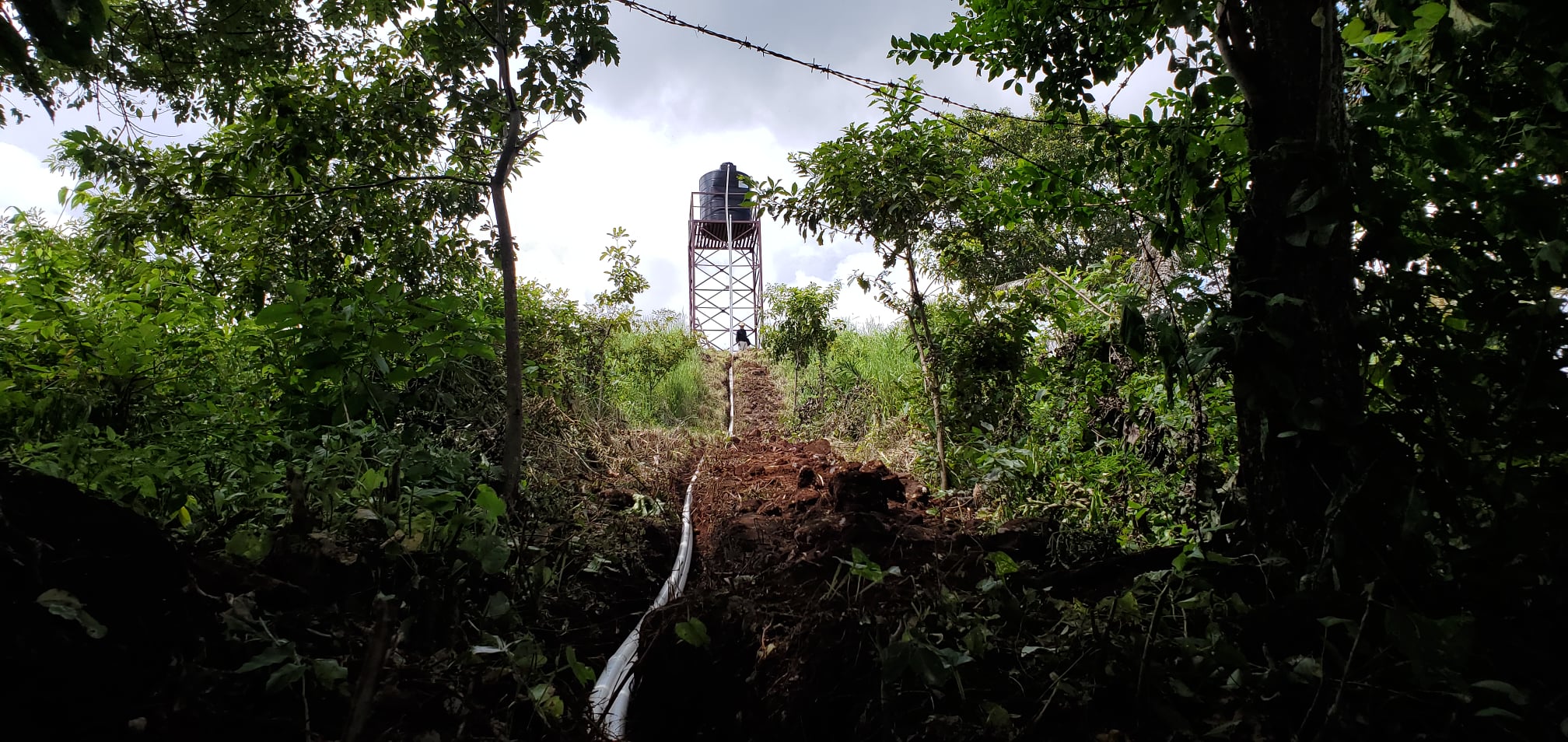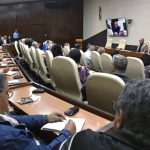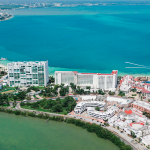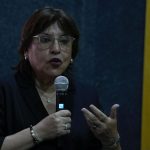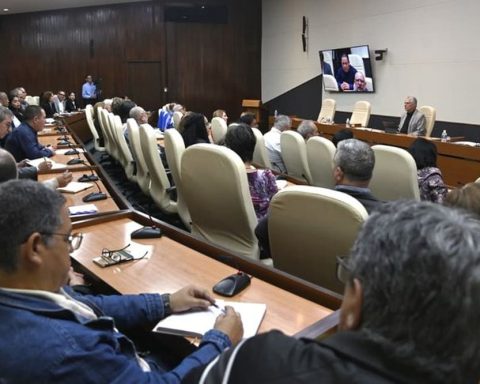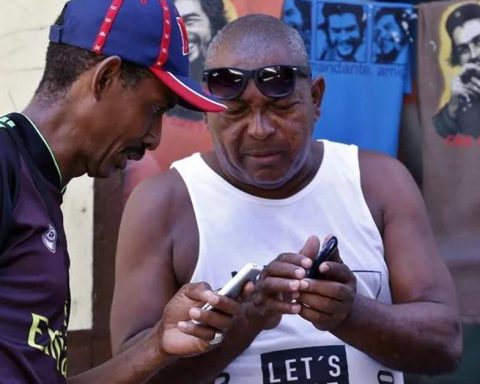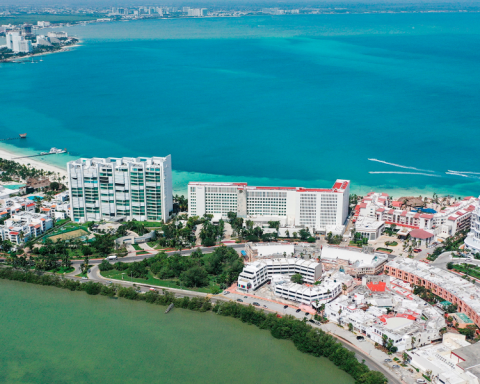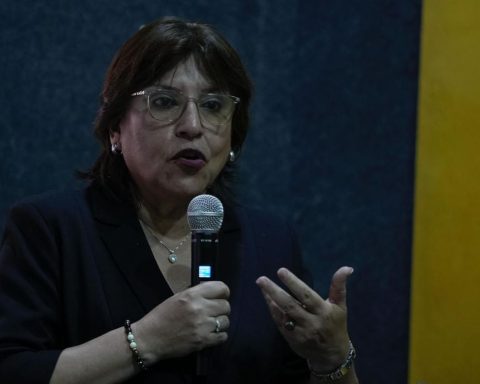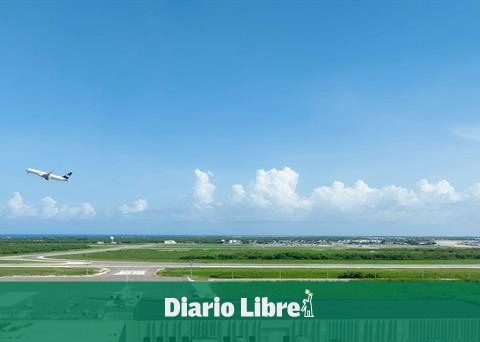Maritza Chavarría traveled up to three kilometers almost daily in search of water. The scarcity worsened with the passing of time. The children did not go to classes because there was no water to bathe or cook. When the NGO Centro Alexander Von Humboldt arrived in 2018, the La Grecia community —in Somotillo, Chinandega— asked to have access to safe water, which became a reality in 2020.
Chavarría recounts those moments with nostalgia, but right away, his voice turns sad as he remembers that the project technicians will never return because the Humboldt Center —as the NGO is known— was one of the 25 NGOs that the National Assembly canceled their legal personality, on March 17, under the argument of an alleged breach of the General Law on Non-Profit Legal Entities and the Law against Money Laundering.
“The day they gave us the news, we got together and cried,” Chavarría was honest. The forced closure of the NGO is a “big” impact at the community level, says the 52-year-old woman. In addition to access to water, they were trained on preparing orchards, soil transformation, adaptation to climate change, risk management, and involved them in the climate monitoring network.
This knowledge is invaluable for a community made up of some 75 families —which add up to some 490 inhabitants— who live from agriculture and are settled in the country’s Dry Corridor; one of the most vulnerable areas to the effects of climate change. In fact, the Humboldt Center chose the communities where it would work based on the level of risk in the face of droughts and other climatic phenomena, with the aim of preparing its population.
Work in nature reserves
However, in recent years they have also worked in communities located in the buffer zone of the Bosawás Biosphere Reserve, the Indio Maíz Biological Reserve and the Delta del Estero Real Nature Reserve, teaching them sustainable management of natural resources.
María Eugenia Ordónez is the leader of sector four of the Puerto Morazán community, in Chinandega. Her family and the 375 who live in the area live from fishing. They do not have access to water, but they were very excited because the Humboldt Center was working on a well drilling project, but with the cancellation of their legal status, the plans were paralyzed.
“It affects us a lot because it was practically something that left us without the strength to continue the project,” says Ordóñez, who has to travel to the surrounding communities to obtain water, while waiting for a truck to appear every 20 or 30 days to supply him with water.
“We meet again as at the beginning; we have the beginning, but not the end. I don’t know how we are going to finish it, because we hoped that the Humboldt Center would finish the drinking water project. This affects us a lot, the children, the family, our community. That was one more hope for us,” said the affected.
In 2020, the environmental organization that would celebrate its 32nd anniversary on April 3, worked with 190 communities in the country, of which 22 were indigenous. In that same year, it benefited 3,581 people from 13 communities in the municipalities of Somotillo, Villanueva, Chinandega, Condega and Puerto Morazán with the drilling of six wells and the rehabilitation of seven, according to the 2020 annual report.
Government did not receive documentation
On March 17, the organization stated in a statement that the Office of Registration and Control of Associations of the Ministry of the Interior (Migob) repeatedly refused to accept, since 2020, its legal and financial documentation, under “arguments not attached to those established in the regulatory framework of non-profit associations”.
Like the Humboldt Center, dozens of other organizations, foundations and associations have pointed out that the Migob has imposed obstacles to comply with the provisions of the Foreign Agents Regulation Law, approved in mid-October 2020, as part of a packages of punitive laws used against critical voices of the Government and civil society organizations that promoted social, political, economic, human rights, democracy, education, environmental and health development in Nicaragua.
From 2018 to date, the Ortega regime has canceled 143 organizations, foundations, and associations. It began in 2018 by punishing nine organizations, accusing them of “managing, receiving, channeling and facilitating funds to alter public order and carry out destabilizing acts in the country”, in an attempt to delegitimize the civic protest and strengthen their theory of an alleged coup. Condition.
The onslaught continued and over the last three years it has confiscated the assets of more than six organizations, including universities, whose legal status was cancelled.
The Humboldt Center has always played a watchdog role on issues related to territorial development and environmental management in the country. He repeatedly questioned government decisions that contradicted the sustainable management of natural resources.
In 2014, together with other environmental organizations, they formed the Cocibolca Group and pointed out that the Interoceanic Canal, which the Ortega regime intended to build with the Chinese businessman Wang Jing, was “environmentally unfeasible,” according to the conclusions of the Environmental and Social Impact Study they carried out. .
They also warned about the advance of deforestation, and the invasion of settlers in protected areas. In 2018 they echoed the urgent attention required by the fire in the Indio Maíz Biological Reserve, considered one of the triggers for the civic protests of the rebellion that year and until last week, they were a benchmark in climate surveillance for the media. Independent.
weather watchers
Chavarría was in charge of monitoring the weather in La Grecia. She was part of the 1,300 community weather observers that the Humboldt Center had trained to monitor humidity, precipitation, and wind conditions in the country.
The network has grown, mainly, in the west of the country. The objective, as the center had explained, was for producers to consider climate data to make better decisions, prior to the first and second planting processes, in addition to implementing agroecological practices.
“I am going to continue doing the same work until God allows us,” says Chavarría. “We have proposed that we are not going to let ourselves be defeated, we are going to move forward with the knowledge that they left us, with all those transformations,” said the community leader.
